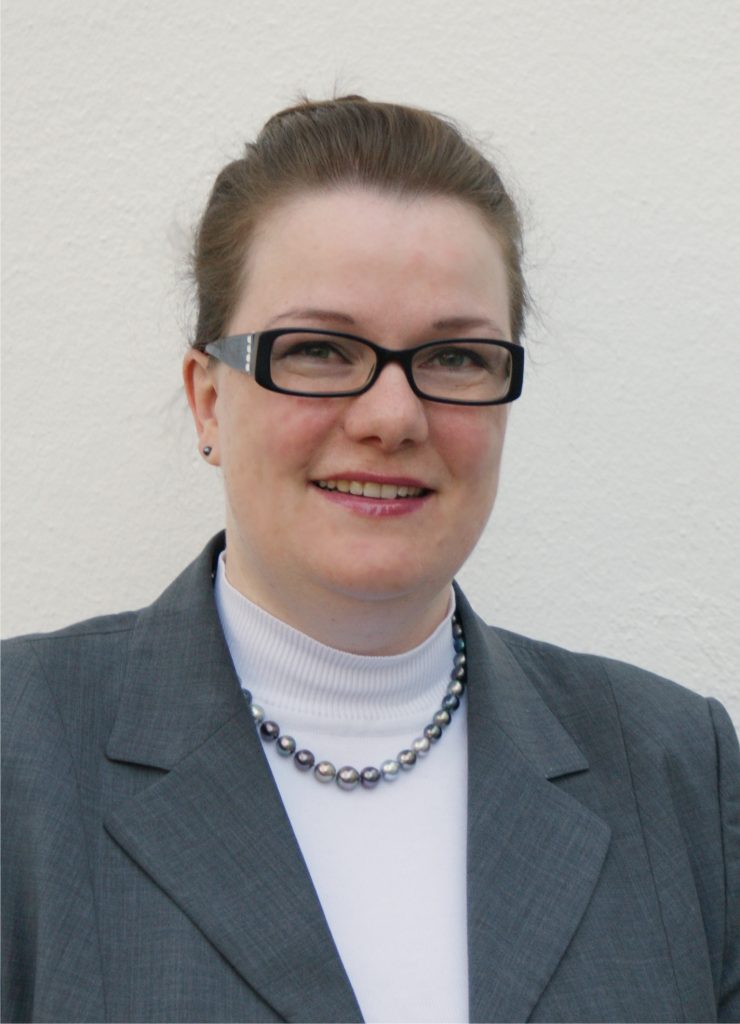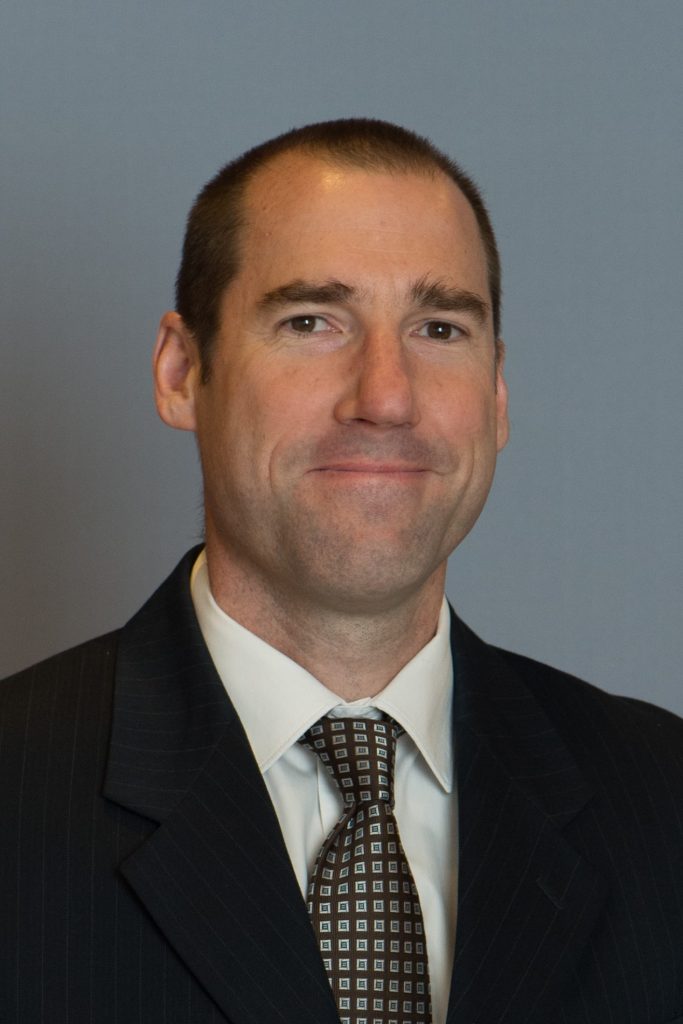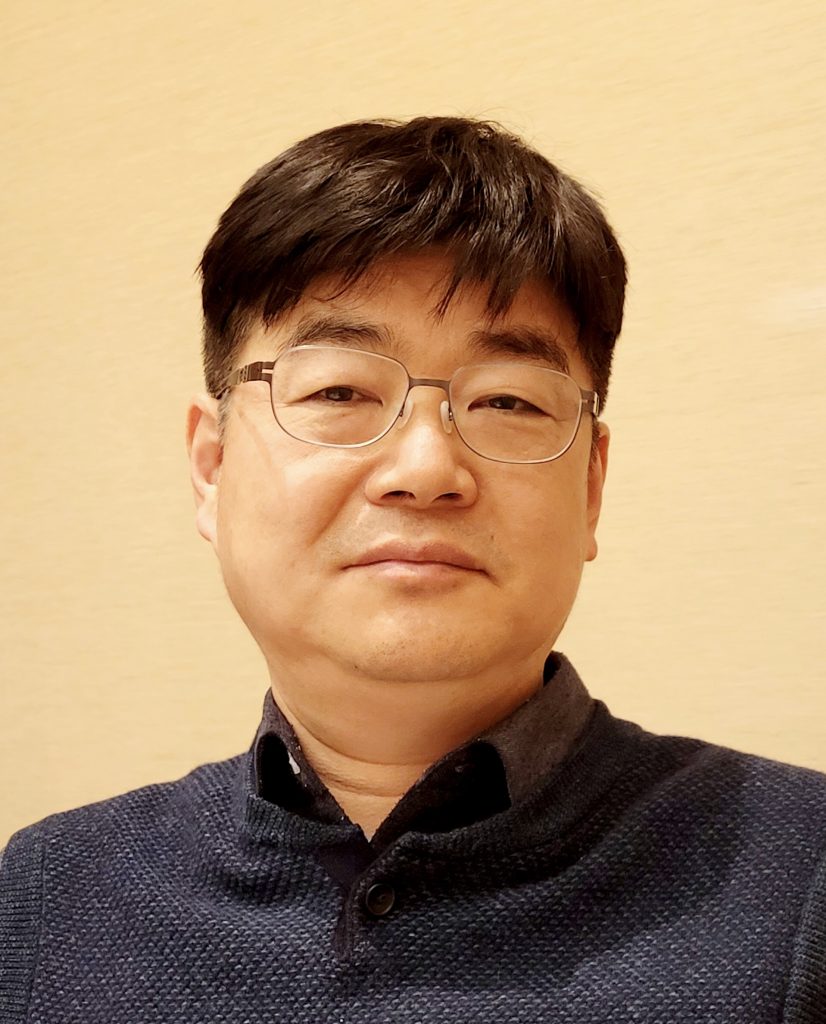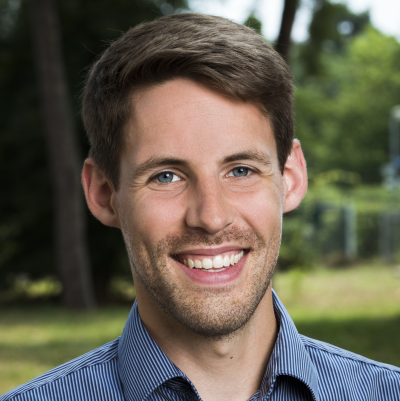Plenary Speakers
Marion Merklein

Friedrich-Alexander-Universität Erlangen-Nürnberg, Erlangen, Germany
Pathways into a Sustainable Future – Research for Green Processes and Products
A. Hetzel, F. He, A. Horn, R. März, C.-M. Kuball, D. Römisch and J. Henneberg
In recent years, the growing customers’ demand for sustainable products as well as new governmental regulations to constantly decrease the amount of CO2-emission, have forced the manufacturing industry to seek for innovative technical solutions. Against this background, lightweight construction as well as resource-efficient processes have become a driving force to reach these ambitious goals. By substituting conventional steel grades with high-strength or ultra-high-strength steel, the overall weight and thus the energy consumption, e.g. for electrically powered vehicles, can be decreased. Beside the usage of lightweight components, sustainable processes, like hot stamping, forming of self-piercing rivets, innovative mechanical joining technologies or the usage of hybrid parts and digitalization, are other approaches to fulfil the growing demand of lower energy consumption and CO2-emission. However, the implementation of such processes as well as the manufacturing of the components requires a profound knowledge of the entire process chain. For this purpose, this plenary talk provides an overview of the state-of-the art, current investigations as well as future pathways to gain a sustainability by using the production technology. A special attention is also given to the recyclability of chip waste without energy-intensive meltdown processes and the usage of lubricant free deep drawing operations, since the demand for long-lasting green manufacturing solutions has constantly increased in recent years. For this purpose, current strategies are described and compared with respect to their potentials and disadvantages.
Marion Merklein is full professor at Friedrich-Alexander-Universität Erlangen-Nürnberg and head of the institute on manufacturing technologies (LFT). She is an expert in forming technologies as well as mechanical joining and material characterization and modelling. In 2013 she received the prestigious Gottfried-Wilhelm-Leibnitz Award from the German Research Foundation (DFG). She is fellow of CIRP as well as member of the German academies acatech, BBAW and Leopoldina.
Matthew R Barnett

Deakin University, Institute for Frontier Materials, Geelong, Australia
Insights into metal forming via the microstructure
Metal forming impacts microstructure. This talk explores how microstructural characterization is shedding new light on metal deformation. Two challenges are considered. One, how to understand the elastic-plastic transition at the start of deformation and two, how to understand the deformation processes involved in high strain metal deposition in a relatively new solid state additive manufacturing process. In-situ Laue micro-diffraction at 25 Hz is used to gain insight into the former and electron backscattering diffraction is used to tease out the key deformation processes in the latter. With these techniques we see how the elastic-plastic transition is marked, in some cases, by distinct relaxation events that show up in sudden grain re-orientation. We propose some interpretations for their origin and how they might be incorporated into mathematical models. We also see that solid state metal deposition creates a distinct microstructure through a continuous process of dynamic recrystallization that permits attractive structures to be formed in the as-deposited condition.
Professor Barnett is an Australian Research Council Laureate Fellow, Director of the Institute for Frontier Materials and Director of the ARC Training Centre in Alloy Innovation for Mining Efficiency at Deakin University. He has a background in metallurgical research, beginning his career in BHP Steel. He obtained his Bachelor’s degree from RMIT University in Melbourne and his PhD from McGill University in 1999. His current research is aimed at designing alloys, processes and materials that stimulate circularity of material use – materials that can be readily recycled, reused, refurbished or shared.
Jeong Whan Yoon

1 Department of Mechanical Engineering, Korea Advanced Institute of Science and Technology, Daejeon, 34141, Republic of Korea
2 School of Engineering, Deakin University, 75 Pigdons Rd., Wauran Ponds, VIC, 3216, Australia
Challenges in Constitutive and Failure Modeling for Metal Forming
This paper reviews the currently popular approach to constitutive and failure modeling, focusing on the use of non‐associated flow rules to enable greater flexibility to capture the anisotropic yield and flow behavior of metals using less complex functions than those needed under associated flow to achieve that same level of fidelity to experiment, and on the use of path-independent spaces to more reliably predict failure limits under complex conditions of non‐linear forming. The paper discusses motivating factors and benefits in favor of both associated and non‐associated flow models for metal forming, including experimental, theoretical, and practical aspects. The paper also shows constitutive models to capture both anisotropic hardening response and Bauschinger effect. This review is followed by a discussion of the topic of the failure limits, the limitations of strain analysis, the evidence in favor of stress analysis, and the path-independent space to incorporate non-proportional loading paths for any ductile fracture models.
Jeong Whan Yoon is a Professor of Mechanical Engineering, KAIST, Korea and jointly Professor of Applied Mechanics at Deakin University, Australia. His research includes high reliability design and manufacturing for lightweight materials and structures. He is in charge of High Speed Mechanical Properties Data Center at KAIST. Also, he has been leading the research for GM-chaired innovative manufacturing centre (ICIM) at Deakin University. He led the research for Boeing-Chaired manufacturing research centre (AusAMRC) at Swinburne University (2010-2013). He has published over 250 technical papers for international journals and conferences (Google Scholar: H-index: 51). Professor Yoon received “2008 International Journal of Plasticity Award” by Elsevier for outstanding contributions in the field of plasticity. He has been serving as “Associate-Editor” for the International Journal of Plasticity. As guest editor, he edited nine special issues at Int. J. Plasticity and two issues at Int. J. Solids & Structures. He has diverse industry experiences, including LG Electronics (Korea), MSC Software Corporation (USA) and Alcoa Technical Center (USA) over 12 years. He served as the chairman of the two international conferences, including NUMISHEET2014 held in Melbourne, Australia and AEPA 2018, in Jeju island, Korea. He received his PhD at KAIST in 1997.
Dominik Dörr

SIMUTENCE GmbH – Virtual Composite Solutions
Composites forming simulation as a basis for digital product development cycles – potential and challenges
C. Poppe, M. Hohberg, A. Bernath
Lightweight design is an important enabler for reducing greenhouse gas emissions and achieving future regulations. Significant potential is offered by continuous fiber-reinforced polymers due to their excellent weight-specific mechanical properties. However, their capability to be shaped into complex geometries is limited. Composites forming simulation enables the prediction of manufacturing defects, such as local wrinkling or gapping, and therefore enables the virtual design and optimization of manufacturing processes. Moreover, manufacturing effects, such as the local fiber orientation, become predictable. This information can be used to increase the prediction accuracy of downstream warpage or structural analyses in the context of a virtual process chain. However, virtual process chains and composites forming simulation are not asserted yet as standard tools in product development. In this presentation, results from different projects in the automotive and aerospace sectors are presented and the potential and challenges of composites forming simulation for digital product development cycles will be discussed.
Dr Dominik Dörr is the co-founder and managing director of Simutence, a spin-off company from the Karlsruhe Institute of Technology (KIT) with a focus on the virtual design of components and manufacturing processes with composites. Dominik studied mechanical engineering at the Karlsruhe Institute of Technology (KIT) in Germany and received in September 2014 his master’s degree with distinction in mechanical engineering. Until October 2019, he worked as a researcher at the Institute of Vehicle System Technology (KIT-FAST), was the group leader for continuous fiber composites from 2017 to 2019, and received in October 2019 his doctoral degree with distinction. Between 2020 and 2022 he was a Postdoctoral Associate at the University of Western Ontario (UWO).


